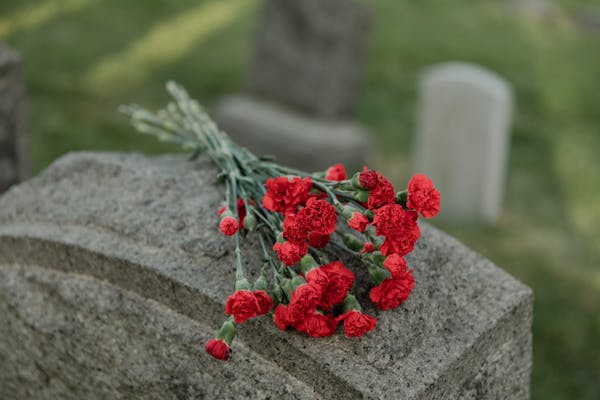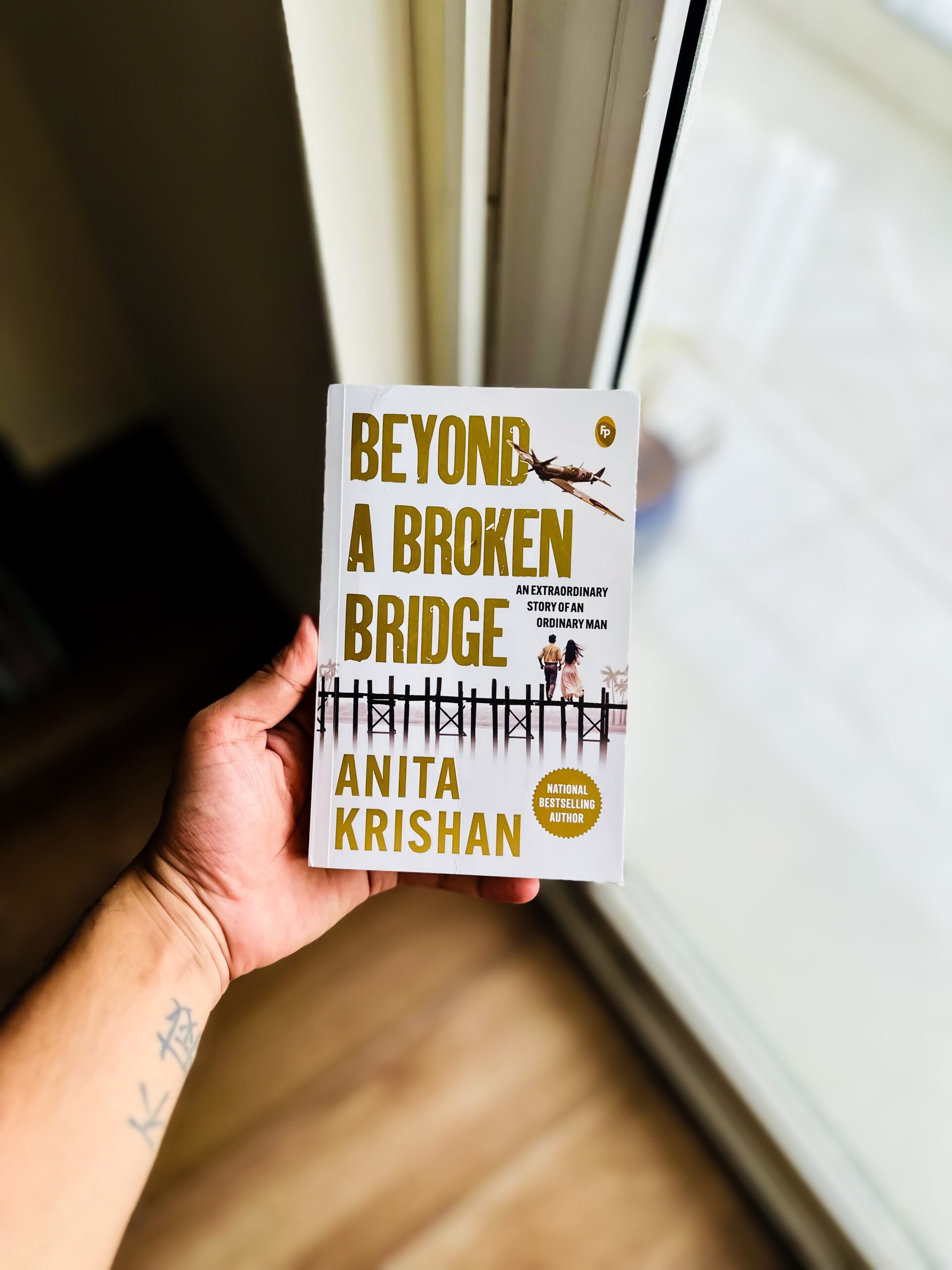Physical Address
304 North Cardinal St.
Dorchester Center, MA 02124
Physical Address
304 North Cardinal St.
Dorchester Center, MA 02124

“Beyond a Broken Bridge” offers a deeply personal and poignant account of one man’s struggle for survival and self-discovery amidst the chaos of World War II in Southeast Asia and the concurrent Indian freedom movement. Set primarily in Rangoon, Burma, starting in December 1941, the narrative thrusts readers into the immediate aftermath of the Japanese invasion, painting a vivid picture of a world teetering on the brink of disaster.
The story is anchored by Ratan Arya, a young Indian civil engineer responsible for maintaining a critical section of the Burma Road, a vital supply line to beleaguered China. Ratan’s initial anxieties about the Japanese army’s relentless advance and its potential impact on Rangoon and India quickly escalate into a harrowing fight for survival. The abrupt bombing of Rangoon, a scene of unimaginable devastation, forces Ratan and his friend, Mansur Ali Baig, to abandon their lives and embark on a perilous overland trek to India. This journey forms the heart of the book, transforming a tale of wartime escape into a profound exploration of humanity, resilience, and personal conviction.

The narrative excels in its character development, particularly that of Ratan. Initially focused on his demanding job and professional aspirations—driven by a desire to work for an independent India—Ratan grapples with the harsh realities of colonial rule, facing continuous hostility from native Burmese and condescension from his British bosses. His compassion shines through in his deep friendship with his Burmese cook, Aung, whose tragic death in the bombing profoundly affects him. During the arduous journey through dense jungles and treacherous hills, Ratan emerges as a reluctant leader, his engineering skills and calm demeanor proving crucial in navigating wild encounters with pythons, tigers, and elephants.
Mansur, Ratan’s junior and friend, provides a fascinating contrast. Initially portrayed as a carefree and sometimes irresponsible individual, Mansur demonstrates loyalty and courage during their escape. However, his character darkens considerably upon their return to India. His coerced marriage to Fiza, a young woman they rescued from bandits, and his subsequent callous treatment of her, driven by societal pressures and his own insecurities, reveal a disturbing moral decline.
The introduction of Fiza marks a pivotal turn in the story. A medical student who suffers immense trauma—witnessing her family’s brutal murder and enduring a horrific assault by bandits—Fiza’s resilience in the face of such unspeakable pain is remarkable. Her vulnerability awakens a profound sense of protectiveness and eventually deep love in Ratan, challenging his preconceived notions about societal norms, particularly regarding inter-religious marriage. Ratan’s unwavering commitment to Fiza’s well-being, even when she is cruelly exploited and disowned, becomes a central theme, highlighting the power of empathy and unconditional love against prejudice.
Beyond the personal journeys, “Beyond a Broken Bridge” masterfully explores broader themes: the devastating impact of war on civilian lives, the breakdown of law and order, and the moral compromises forced upon individuals. It critiques social injustice, from the British exploitation of Indian resources and labor to the oppressive dowry system and the marginalized status of women. Ratan’s growing disillusionment with British rule and his eventual inclination towards the independence movement underscores the rising nationalist sentiment in India.
The narrative is filled with moments of intense emotional depth, from Ratan’s grief over his mother and cousin Shekhar’s deaths to his silent agony over Fiza’s suffering. The writing, while direct, evokes powerful imagery and a palpable sense of dread, exhaustion, and intermittent hope. The depiction of the survivors of the trek, reduced to “cadaverous bodies on two skeletal legs,” stealing shoes from corpses, is particularly stark and memorable, conveying the dehumanizing effects of prolonged suffering.
In essence, “Beyond a Broken Bridge” is more than a war story; it is a testament to the enduring human spirit. It delves into the complexities of identity, morality, and love when confronted with extreme adversity, showcasing how even in the darkest times, compassion and the quest for dignity can light the way forward. Ratan’s decision to rescue Fiza, despite the monumental challenges, encapsulates the book’s message: that true humanity lies in protecting the vulnerable and fighting for a more just world, even if it means confronting one’s own limitations and societal taboos. This book is a compelling read for anyone seeking a narrative that intertwines historical conflict with an intimate exploration of the human heart.